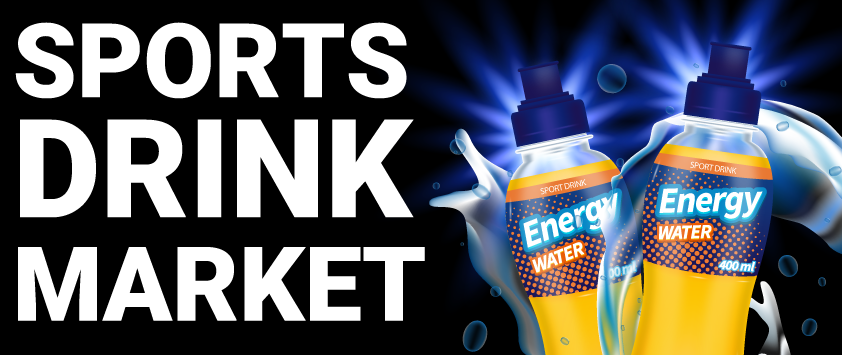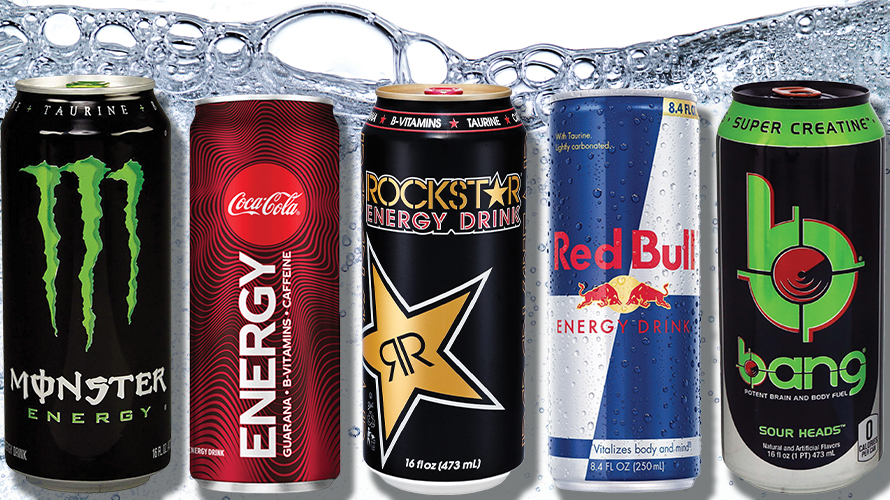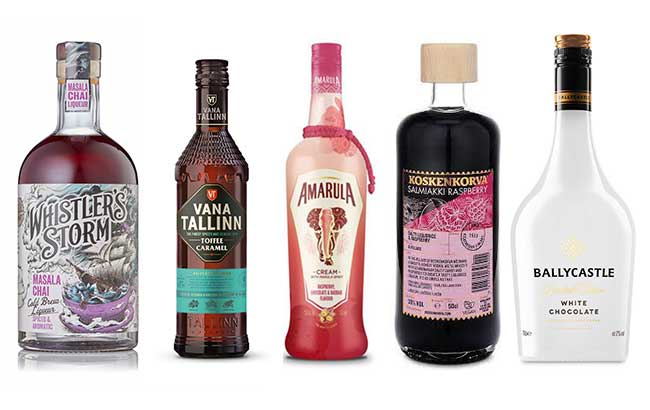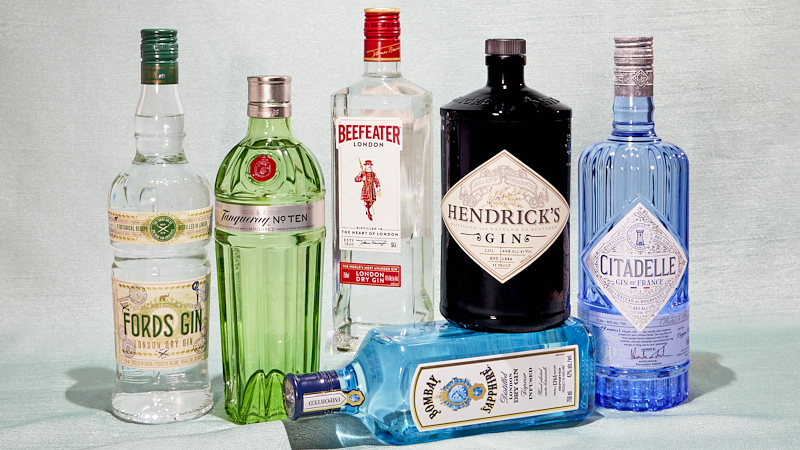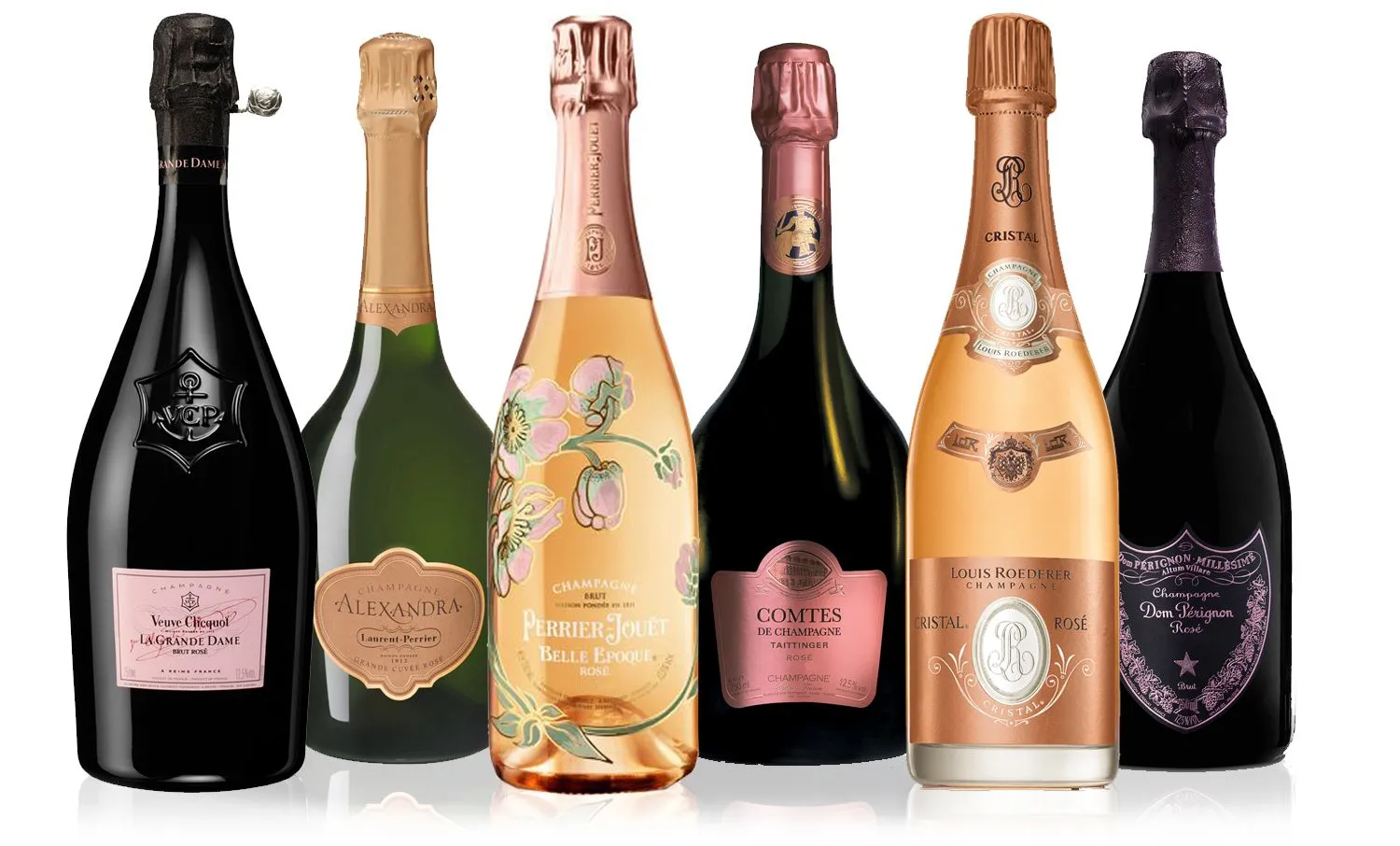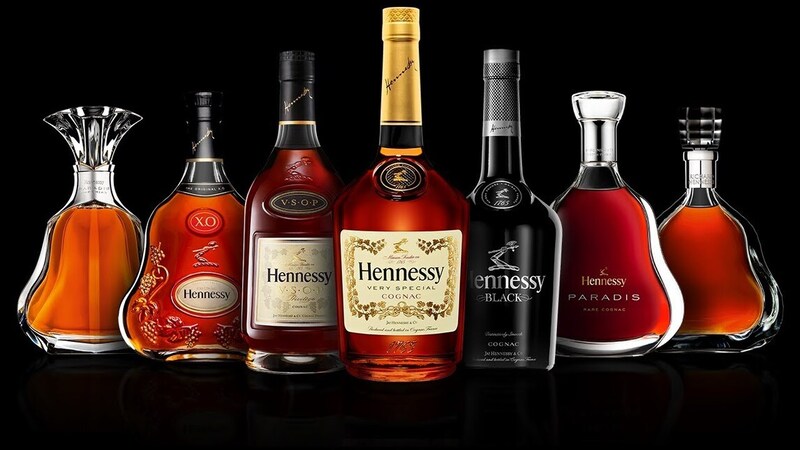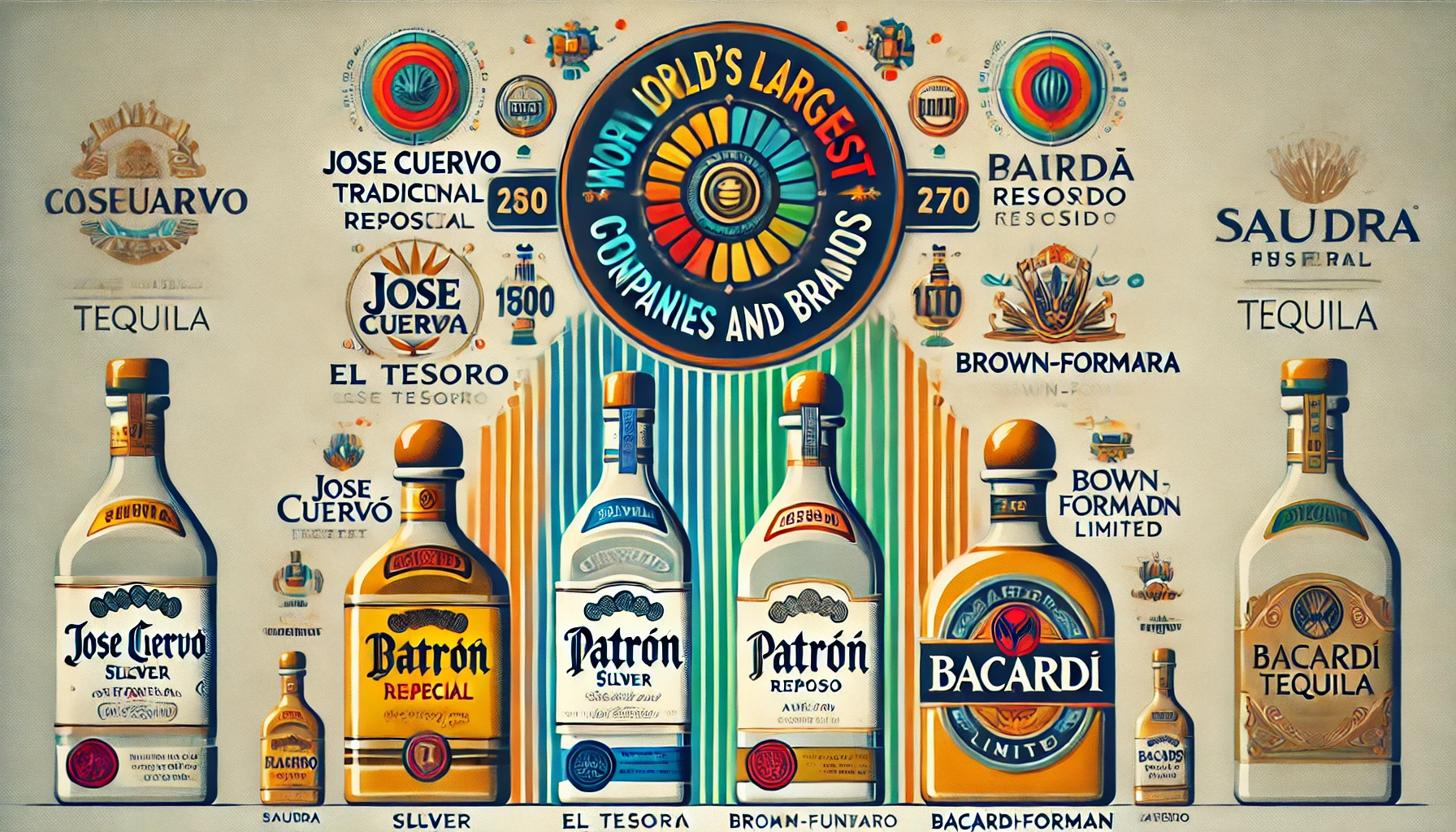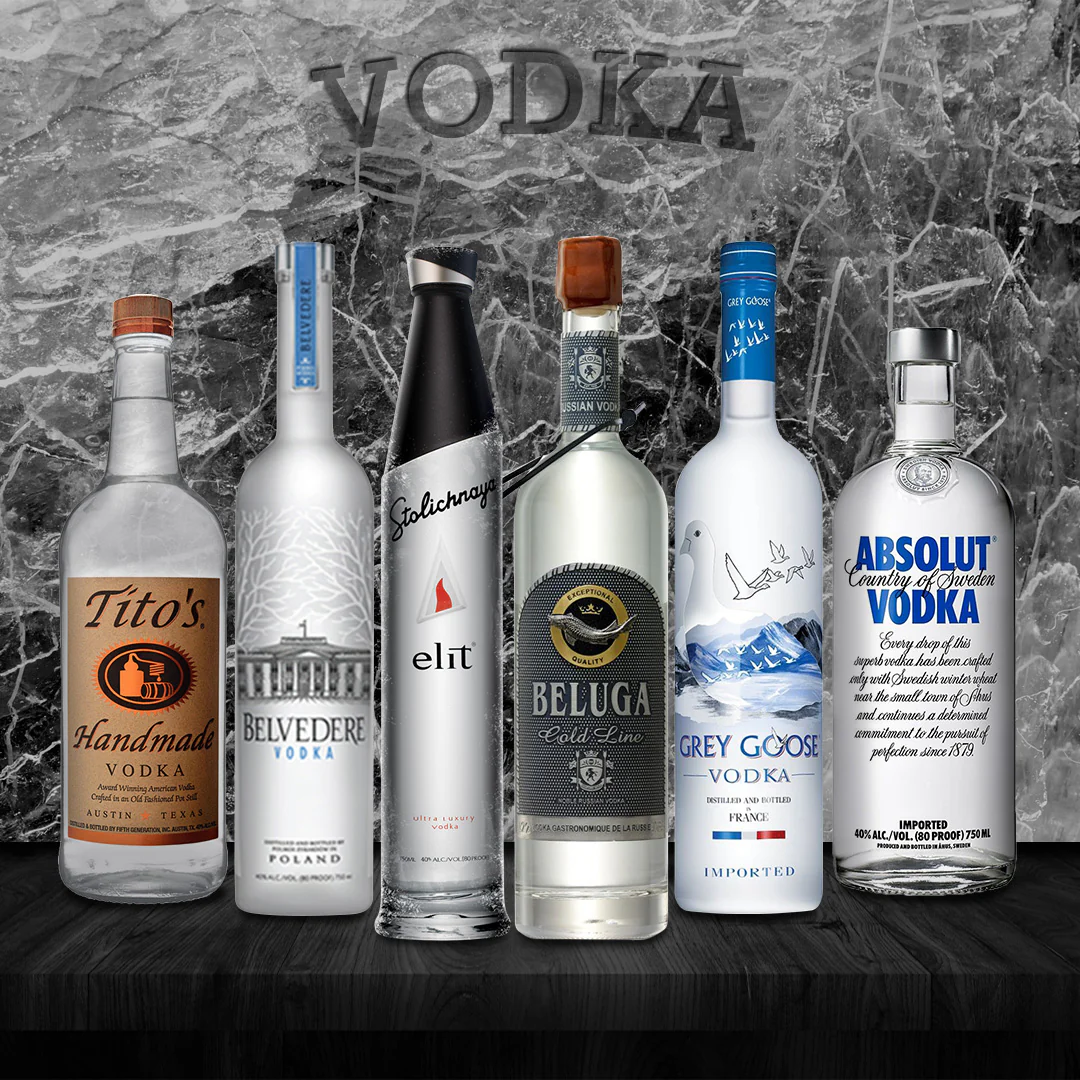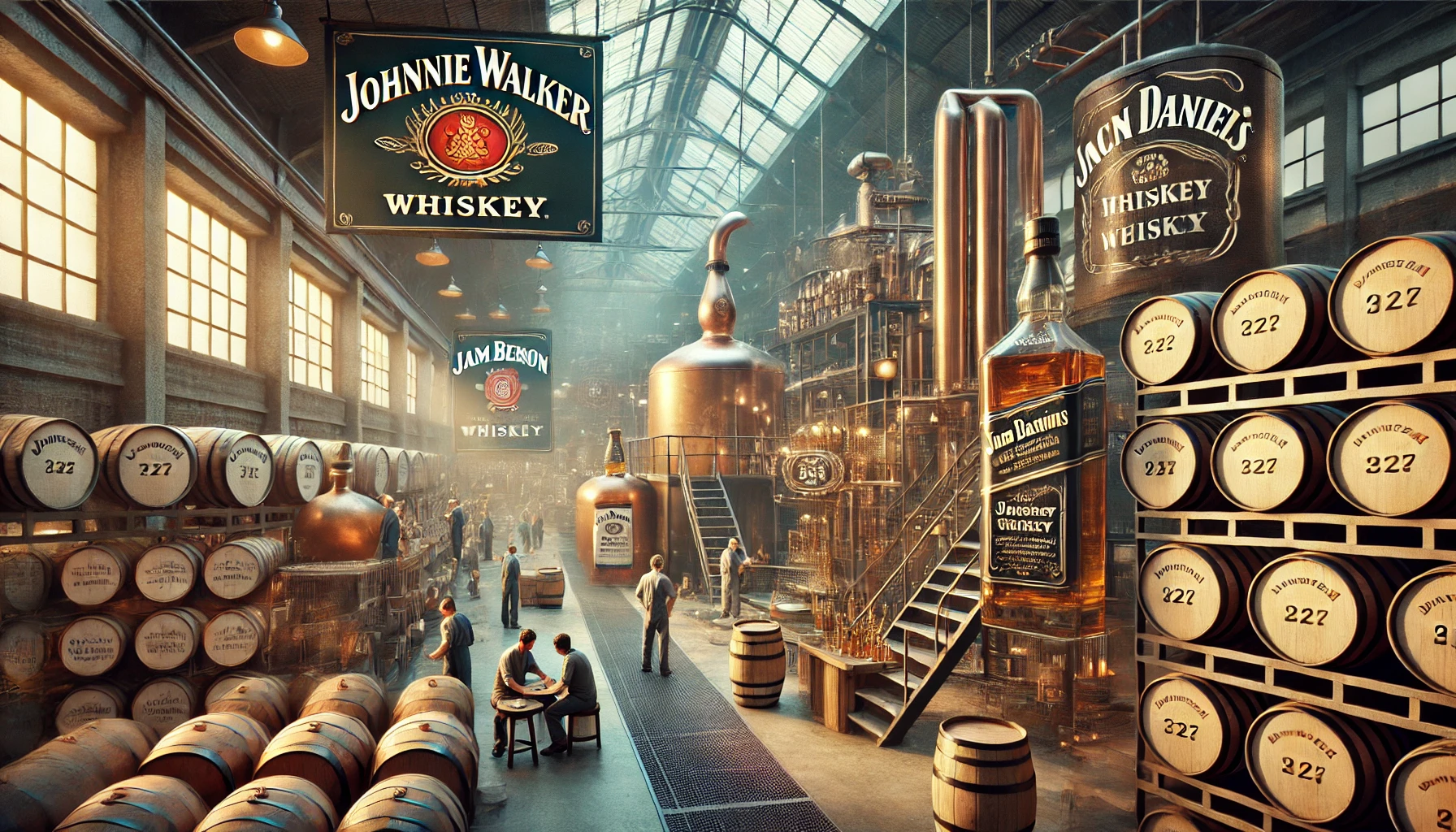Introduction
The whiskey industry boasts some of the most iconic and longstanding companies globally, known for their rich histories, diverse brand portfolios, and extensive global reach. This report profiles the largest whiskey companies, outlining their market strategies, flagship brands, and contributions to the global spirits market.
1. Diageo (United Kingdom)
Diageo is arguably the most influential player in the whiskey industry, with a prestigious portfolio that includes brands like Johnnie Walker, Crown Royal, and Bulleit. With facilities across various continents, Diageo’s strategy focuses on premiumization and innovation. The company sold over 126 million cases of spirits in the last year, with a significant portion attributed to its whiskey brands.
2. Beam Suntory (USA/Japan)
A subsidiary of Japan’s Suntory Holdings, Beam Suntory is a powerhouse in the whiskey world. Known for brands such as Jim Beam, Maker’s Mark, and Yamazaki, Beam Suntory blends American tradition with Japanese precision. The company emphasizes craft and heritage in its marketing, appealing to a broad demographic of whiskey enthusiasts globally.
3. Pernod Ricard (France)
Through its subsidiary Irish Distillers, Pernod Ricard has a strong presence in the whiskey sector, particularly with brands like Jameson, which has become synonymous with Irish whiskey worldwide. The company’s focus on expanding its portfolio with acquisitions and developing markets has solidified its position as a key player in the global whiskey market.
4. Brown-Forman (USA)
Best known for its flagship brand, Jack Daniel’s, Brown-Forman has a significant impact on the whiskey industry. The company has successfully marketed its Tennessee whiskey as a global icon, appealing to both traditionalists and new drinkers. Brown-Forman continues to innovate within its product line to meet evolving consumer tastes.
5. Sazerac Company (USA)
The Sazerac Company, though less globally known than others on this list, holds a crucial position in the whiskey market, particularly through its ownership of brands like Buffalo Trace and Pappy Van Winkle. The company’s strategy focuses on the premium segment, with limited edition releases and high-quality products.
6. William Grant & Sons (United Kingdom)
This independent family-owned company is known for brands like Glenfiddich and Balvenie. William Grant & Sons has cultivated a reputation for quality and tradition, focusing on single malt Scotch whiskey, which has garnered a dedicated following worldwide.
Conclusion
These whiskey giants not only shape global consumption patterns but also push the boundaries of innovation and marketing in the industry. Their strategies, which blend tradition with contemporary trends, continue to influence both market dynamics and consumer preferences worldwide.
Continue Reading
